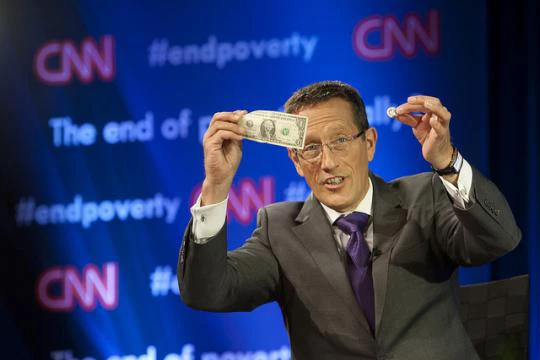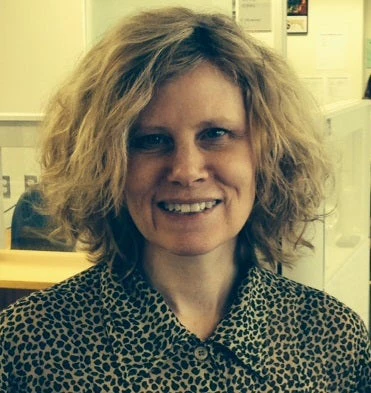The mood was light-hearted and lively as World Bank Group President Jim Yong Kim traded jokes with CNN’s Richard Quest in an early morning, no-holds-barred interview before a live and online audience from around the world. But Kim soon turned serious about a new target the world must meet on the road to effectively ending extreme poverty by 2030 — cutting it from 18% percent today to half that by 2020.
“We looked at it and we don’t think there’s any way we can get to 3% unless we’re at 9% by 2020,” Kim told Quest at the event, webcast in Arabic, English, French, and Spanish and followed on Twitter with #wblive.
“So we have an interim target now. We want to halve poverty … in seven years,” he said at the event – which addressed topics as diverse as the global economy, the Arab Spring, social media, urbanization in China, and the Bank Group’s new strategy to optimize the institution’s knowledge, data, talent, and financial resources.
The event looked at the prospects for achieving two ambitious anti-poverty goals endorsed by the World Bank Group’s 188 member countries last spring: Reduce the number of people living on $1.25 a day to 3% or less by 2030; and boost the incomes of the bottom 40% in developing countries.
But if countries maintain the same rate of growth as the last 20 years, they won’t achieve these goals, Kim told Quest.
“They all have to get to the point that they’re performing at their best over the last 20 years, not the average,” said Kim. “And so we have a huge amount of work to do. How do we get countries there?”
“You’re going to halve poverty … and by the way,” said Quest, “just for anybody watching online, if you’ve got the idea that we’re talking about a car in the garage and two chickens in the pot, you’re wrong. A dollar twenty-five a day won’t even buy you half a Starbucks latte.”
Getting to the goals will mean a retooled World Bank Group that works more closely together and brings its best knowledge and talent, along with financing, to address such problems as rapid urbanization and climate change, said Kim.
Even so, foreign assistance won’t be able to meet the developing world’s large infrastructure needs or create the kind of growth countries need to reduce poverty, said Kim.
“We’re hearing that it’s really critical for us to do public-private partnerships,” said Kim. Developing countries need “to use foreign assistance and government resources to really make the private sector work. The private sector creates 90% of the jobs in the developing world. If we want to see growth, we’ve got to see public and private work together.”



Join the Conversation